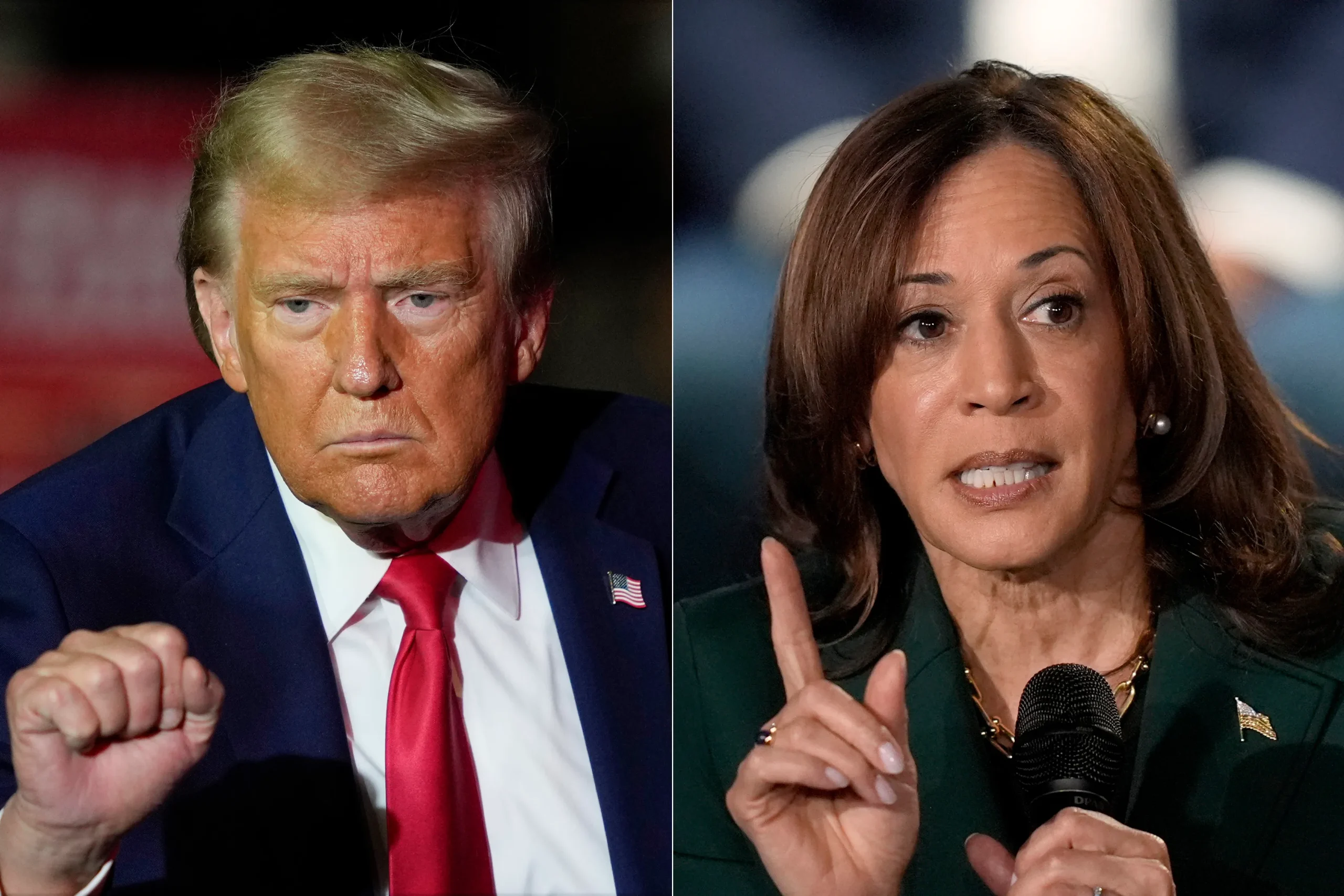President Donald Trump has agreed to a 30-day suspension of tariffs on Canada and Mexico after both countries pledged to enhance border enforcement and crack down on drug trafficking. It marks the end of a tense period of economic uncertainty, where fear of a trade war was casting a dark cloud over North America.
The delay will give the U.S. and its two biggest trading partners a chance to strike deals on topics that Trump wants addressed, such as issues related to illegal immigration and the smuggling of fentanyl into the country that might jeopardize national security. On his social media account, Trump wrote, “FAIRNESS FOR ALL!” and assured that some of the tariffs announced during the weekend will be blocked.
Canadian Prime Minister Justin Trudeau confirmed the pause also, focusing on cooperation. Through a post on X, he declared that Canada would name a fentanyl czar, identify Mexican cartels as terrorist groups, and set up a Canada-U.S. Joint Strike Force to combat organized crime and money laundering.
Mexico was allowed a similar agreement, with President Claudia Sheinbaum agreeing to increase the presence of 10,000 National Guard troops in patrolling the border to further secure it. Trump said that top officials, including Secretary of State Marco Rubio and Treasury Secretary Scott Bessent, will lead negotiations to ensure that the US and Mexico work on controlling high-powered weapons and drug trafficking together.
The result is a bit of a reprieve, though the long-term implications for world trade are unclear. Trump is still scheduled to implement his planned 10% tariff on imports from China in the coming weeks, though he is expected to speak with Chinese President Xi Jinping in the days ahead. In another development, the administration also signaled that it may impose new tariffs on the European Union’s imports.
Economists and analysts from institutions such as the Tax Foundation, Tax Policy Center, and Peterson Institute for International Economics have warned that imposing tariffs would slow economic growth, increase prices, and lower household incomes. However, Trump has remained keen on defending tariffs as necessary to ensure that foreign nations treat the U.S. with respect.
The 30-day cooling-off period will allow Canada and Mexico to negotiate further, but the risk of renewed tariffs remains. Now, the global economy awaits the next steps of Trump’s aggressive trade policies, which might shape international relations in the weeks ahead.




